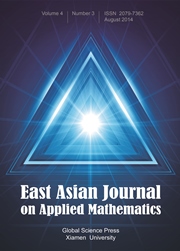Crossref Citations
This article has been cited by the following publications. This list is generated based on data provided by Crossref.
Meyer, Michelle A.
2018.
Handbook of Disaster Research.
p.
263.


